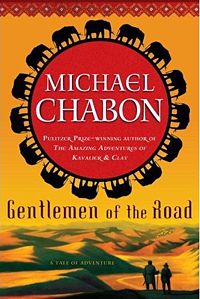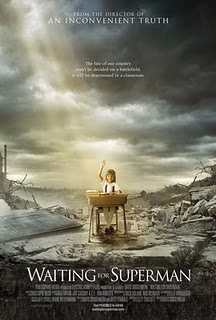When I am teaching and doing research, I tend to exist in my own little musicological bubble. I teach my students the story of music from the past 100 years as it makes sense to me; I've constructed my own narrative over the past few years and am gleefully passing it along. When I research and read, I focus on studies of music that interests me and often find scholars who agree with the significance of the works and composers I find important. It's a warm little bubble and I rarely stray from it.
But I am connected to the larger musicological world through various listservs. I generally ignore their arguments - the past few weeks, for instance, have seen heated debate on whether or not Mozart was left-handed or if Beethoven was black. I shrug, wondering about the fuss but not getting overly excited by it. However, every once and a while, a message comes through that reminds me why my proposals are never accepted by our largest professional society and shows me how out of step I am with much of my profession.
One such message appeared on Monday. Its author posted a month ago asking for input. It seems that she is going to teach a course on living composers and was wondering who we would suggest she teach. I was busy with a brand new baby, and so didn't take the time to respond. I should have. Here is the consensus response:
Top 4 (ranked in order of number of votes):
John Adams
Steve Reich
Kaija Saariaho
Osvaldo Golijov
Other contenders (all have even number of votes):
Thomas Ades
Tania Leon
Philip Glass
Stephen Sondheim
Gyorgi Ligeti
Ellen Taffe Zwillich
Witold Lutoslawski
John Williams
Elliot Carter
George Crumb
Joan Tower
Nico Muhly
Most of those names may be unfamiliar to you, but if you actively listen to modern music, you will recognize many of those names. Still, I had a few shocks looking at the list. The author wanted to teach living composers who are important right now. Ligeti died in 2005, Lutoslawski in 1994. Of the remaining 14, only two are under 40. Expand that to 50 and you pick up one more composer and another if you go to 60 and two more if you go to 70. So of the important living composers to musicologists, two are dead and the majority are over 70. Can you produce important, influential music in your 70s, 80s, or, in the case of Elliot Carter, when you are 100? Absolutely. What amazes me instead is that so many people's knowledge of new music stopped about the time they left graduate school. Most of these composers were new and making an impact in the 1960s, 1970s, and early 1980s, when most musicologists working today were in grad school.
Were I asked to teach a class on living composers, I would probably spend the first week surveying the "old guard," those composers who made a splash 30 or more years ago and are still producing vital music, but would spend most of the time on composers of the past 10-15 years. It just goes to show how out of touch I am with many of my colleagues just by seeking out new composers and new music constantly.
Self-doubt in the tech industry
2 years ago




2 comments:
John Williams made the list???
I've noticed the tendency for critics in my own field to hold onto the theory/canon that was trendy when they were in grad school for the rest of their career, even if that theory has become largely discredited later or the canon has changed significantly.
So, who would make your syllabus for a class on living composers? Based on your mention of Meredith Monk, I picked up Turtle Dreams from the library yesterday. Interesting stuff.
I'm glad you enjoyed Monk's music. You should also check out Dolmen Music, which the library should also have. I'll think on my list and put it up later today or tomorrow.
Post a Comment